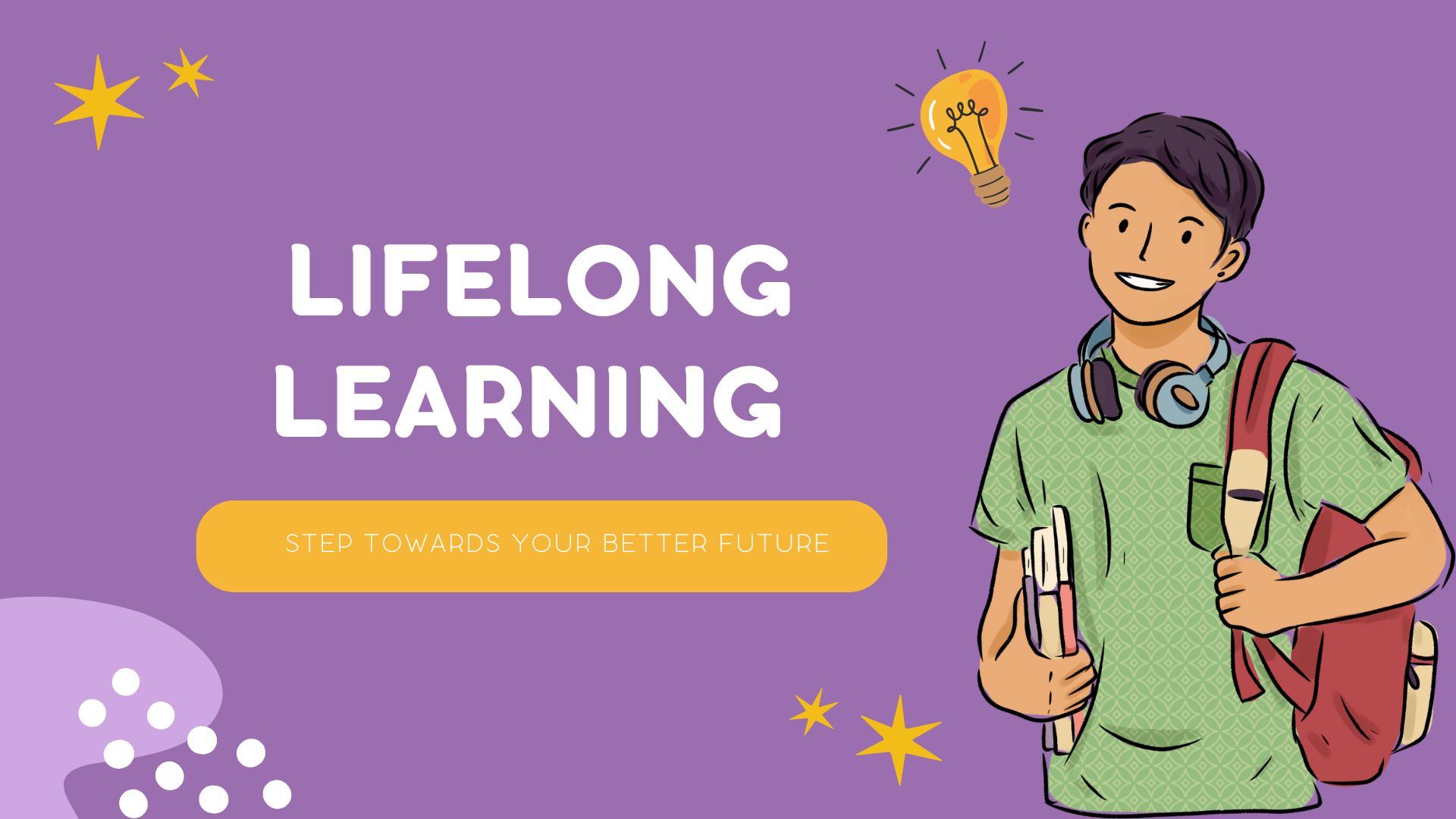In today’s fast-paced and ever-changing world, the concept of lifelong learning has become increasingly crucial. Whether for personal growth, career advancement, or adapting to new technologies, continuing education is a key component of success. This blog explores the importance of lifelong learning, highlighting the benefits and practical ways to incorporate it into your life.
Why Lifelong Learning Matters
- Staying Competitive in the Job Market
In a competitive job market, having a diverse skill set can make a significant difference. Lifelong learning helps individuals stay updated with the latest industry trends, technologies, and methodologies. As industries evolve, those who continuously upgrade their skills are better positioned to secure new job opportunities, promotions, and career changes. - Adaptability to Change
The rapid pace of technological advancements means that skills can quickly become outdated. Lifelong learning fosters adaptability, enabling individuals to stay current with new developments and seamlessly transition into new roles or industries. This adaptability is essential for navigating the uncertainties of the modern workforce. - Personal Growth and Fulfillment
Lifelong learning isn’t just about professional development; it’s also a path to personal growth and fulfillment. Engaging in new learning experiences can boost confidence, improve critical thinking skills, and foster creativity. It allows individuals to pursue their passions, explore new interests, and lead a more enriched life. - Enhancing Cognitive Abilities
Continuous learning has been shown to have positive effects on cognitive abilities. Engaging in mentally stimulating activities, such as learning a new language or mastering a new skill, can improve memory, problem-solving abilities, and overall brain health. This can be particularly beneficial as individuals age, helping to maintain mental sharpness. - Building a Knowledgeable Society
A society that values lifelong learning is better equipped to address complex challenges and innovate. When individuals continue to learn and share knowledge, it fosters a culture of curiosity, collaboration, and continuous improvement. This collective growth benefits not only individuals but also communities and organizations.
Practical Ways to Pursue Lifelong Learning
- Online Courses and Certifications
The internet has made continuing education more accessible than ever. Online platforms like Coursera, Udemy, and LinkedIn Learning offer a vast array of courses and certifications across various fields. These courses can be completed at your own pace, making it easier to balance learning with other commitments. - Workshops and Seminars
Attending workshops and seminars is an excellent way to gain practical knowledge and skills. These events often feature experts and industry leaders who provide insights into specific topics. Additionally, they offer opportunities for networking and connecting with like-minded individuals. - Reading and Research
Reading books, articles, and research papers is a timeless way to continue learning. Whether it’s exploring new theories, gaining insights into different cultures, or staying updated with industry news, reading broadens your knowledge base. Subscribing to reputable journals and publications can also keep you informed about the latest developments in your field. - Mentorship and Peer Learning
Engaging in mentorship, either as a mentor or mentee, provides valuable learning experiences. Mentors can offer guidance, share experiences, and provide constructive feedback. Peer learning, where individuals collaborate and learn from each other, is also a powerful way to exchange knowledge and develop new skills. - Pursuing Hobbies and Interests
Lifelong learning isn’t limited to professional skills. Pursuing hobbies and interests, such as playing a musical instrument, gardening, or cooking, can be deeply rewarding. These activities provide opportunities to learn new techniques, challenge yourself, and express creativity.
The Future of Lifelong Learning
The importance of lifelong learning will continue to grow as technological advancements and globalization shape the future of work. In response, educational institutions, governments, and businesses are increasingly supporting initiatives that promote continuous education. From offering flexible learning options to providing financial incentives, these efforts aim to create a culture of lifelong learning that benefits everyone.
Conclusion
Lifelong learning is an essential component of a fulfilling and successful life. By embracing continuous education, individuals can stay competitive in the job market, adapt to changes, and achieve personal growth. Whether through online courses, workshops, reading, or hobbies, there are countless ways to continue learning throughout life. For those looking to get started, explore our related articles on [Top Online Platforms for Continuing Education] and [How to Balance Work and Continuing Education].



Leave a Reply